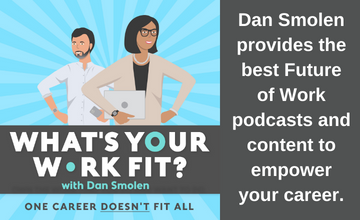Podcast: Play in new window | Download (Duration: 37:29 — 51.5MB)
Crisis and the future of work are now intertwined.
And, the effects of climate change and the pandemic altered the work that we do and hope to do.
During each day, practically everyone in the workforce addresses issues. Often, these are time and place-related included in the job spec. For instance: a marketing manager’s task is in overcoming customer loyalty erosion.
However, in the first seven months of 2021, the work we do became existential.
With fires on the West Coast, and the Covid-19 Delta variant spreading like wildfire, problems and crises reached our job specs and workplaces.
And, to that end, the workplace endures a new crisis: The Great Resignation.
During 2020 and 2021, women dropped out of the workforce, often because they could not secure childcare. And many others quit knowing that a return to the co-location meant also a return of toxicity and incivility.
Perhaps the biggest crisis of all originates with hiring manager who seek to restore workplace life to pre-pandemic conditions.
Accordingly, we must strive for truly intentional workplace practices. Hiring managers must be cognizant of the issues and problems their their hired talent endure on the job so that things don’t turn critical like an out-of-control forest fire.
Also in this episode:
The story of crisis and the future of work is also told through a personal financial frame.
And the way that we handle personal finances affects our opportunities to do the future work of our dreams. People who budget well and intentionally build wealth have more future work choices than those who don’t put in the time. Absent well-tended financial resources, some are left to do work that keeps them afloat, but offers no positive meaning.
Our guest, Angela Anderson, helps people build wealth so that they can live their dreams and do meaningful work.
Full interview begins at 8:25
We must no accept that crisis and the future of work are now intertwined.
About our guest:
Angela Anderson earned a Bachelor of Arts in International Business and Spanish from Adams State University. She lives and works in Colorado.
EPISODE DATE: July 30, 2021
Social media:
– Website
– Media
